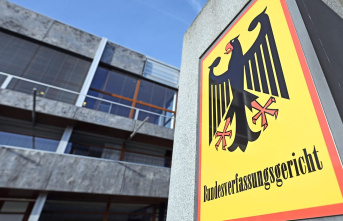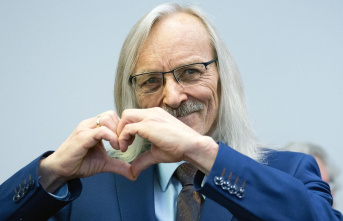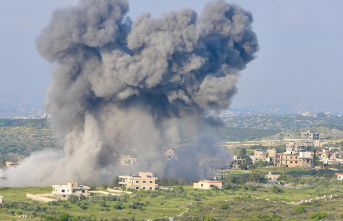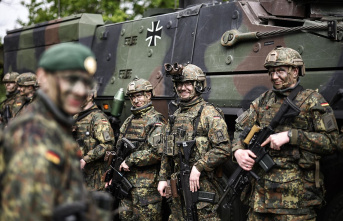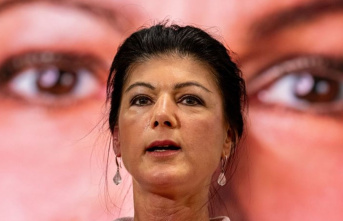This article first appeared on NTV.de
Startups based in Russia have always had a hard time raising money from international investors. This was also the case before the Russian war of aggression in Ukraine. Since February 24, 2022, however, it has become even more difficult for young Russian companies. The case of Immagram shows how much not only investors but also the international start-up ecosystem are now distancing themselves from young Russian companies.
After the company won a competition at the respected Slush industry conference in Helsinki in November last year, the founders were shortly afterwards stripped of the EUR 1 million prize. Specifically, according to a statement, the organizer was less concerned with the fact that the founders are from Russia. Rather, the business model was criticized. The company's platform places, among other things, Russian IT specialists in other countries.
"Even before the war, international investors classified investments in Russian startups as risky," says Stéphane Timmer, Professor of International Management at the IU International University, in an interview with ntv.de. On the one hand, financiers in Russia took a high reputational risk. "With Russian startups, it's often difficult to find out who exactly is behind them," explains the former investment banker, who worked for a Russian bank in Moscow for several years.
On the other hand, the political, legal and economic risk of investments is higher than in other countries. "There is an increased risk of state interference in Russia," says Timmer. This is what happened with the Russian version of Facebook, VKontakte. Its founders had to sell their shares to the state because they didn't want to pass certain user data on to the security services. In addition, emerging markets are more volatile anyway. The country has experienced several financial crises in recent years. "There were different reasons for each of these crises. But they all show how vulnerable Russia's economy is."
Despite all these risks, investments initially increased until 2020. International incubators have become more active. Investors were not only attracted by a growing end consumer market. Especially the many young, smart software developers in the country have ensured that some financiers have brushed aside their worries. In the IT sector in particular, Russian startups have so far been among the most innovative in the world. Highly talented programmers are the greatest strength of the Russian startup ecosystem.
The year 2020 was generally a bad year for the industry because of the corona pandemic. After that, however, everyone – including Russian startups – benefited from low interest rates and high liquidity in the market. According to Statista, the Russian venture capital market grew to three billion euros in 2021 - more than tripling compared to the previous year.
Looking at the statistics, Timmer notices that exactly this year more money came from international investors than from Russian ones. However, they were mainly interested in a few large later-stage startups. These companies are already established in the market and usually generate profits.
There was also more money for early-stage startups by Russian founders, but often primarily for those based in other countries. "The volume of international investments in early-stage start-ups based in Russia, on the other hand, has remained low," says Timmer. That has always been the weak point of the Russian VC sector. In this phase, founders are often urgently dependent on external capital because the profit zone is not yet in sight.
After the Russian war of aggression, it has also become more difficult for established companies to raise money. "Russian startups can no longer send or receive international payments due to the SWIFT ban," says Timmer. This makes expansion more difficult for them, increasing the risk of no longer being able to refinance themselves and going bankrupt. For the less established early-stage startups, without foreign investors, they are dependent on Russian private equity firms or an IPO on the Russian stock exchange. But the reviews there are bad.
Silicon Valley has also withdrawn. The largest US startup accelerator Y Combinator, which provides start-ups with money, advice and contacts in the start-up phase, has excluded all Russian founders from its programs.
The latest figures do not bode well: the value of venture capital investments in Russian startups after the first half of 2022 was only 658 million US dollars. This was significantly lower than in the corresponding period of the previous year, when 1.1 billion US dollars flowed into Russian startups.
"It will probably take years for the startup ecosystem to recover from these cuts," says Timmer. But for that to happen, not only investors but also IT workers, who left the country in droves last year, must return to Russia.


